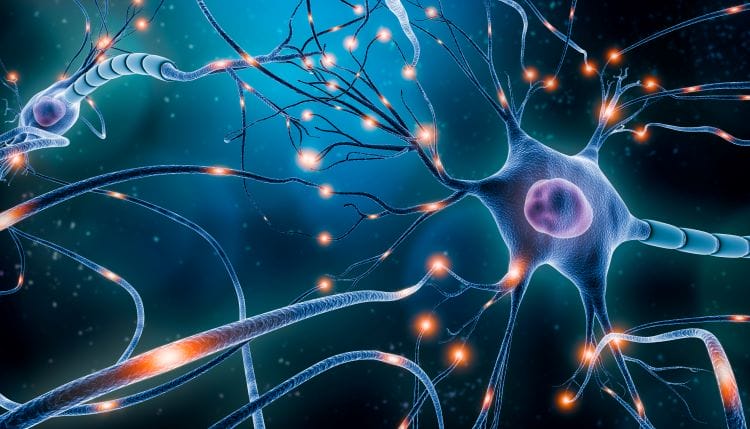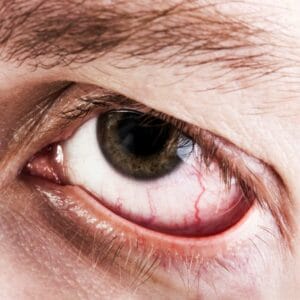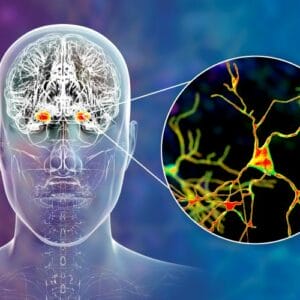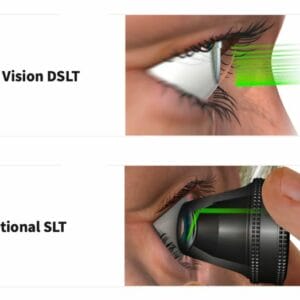February 14, 2024
LONDON and NEW YORK – OKYO Pharma Limited has announced that the U.S. Food and Drug Administration (FDA) has cleared OK-101 as its first Investigational New Drug (IND) application for the treatment of neuropathic corneal pain (NCP).
Notably, the initial IND submission to FDA proposed an open-label design for the clinical trial. Based on positive feedback from FDA, the Phase 2 study is now designed as a double-masked, randomized, 12-week placebo-controlled trial comparing OK-101 to placebo in NCP patients. A total of 54 patients are planned for the study, with NCP disease confirmed via confocal microscopy. The primary endpoint will be measured utilizing VAS pain relief scores. These protocol changes will enable a statistically valid demonstration of a true drug effect of OK-101 on NCP symptoms. OKYO Pharma is scheduling this trial to begin in Q2 2024.
The OK-101 trial, designed as a single-center trial, will be led by Pedram Hamrah, MD, of Tufts Medical Center, as principal investigator. Dr. Hamrah is professor and vice chair of Research and Academic Programs, co-director of the Cornea Service and Director of the Center for Translational Ocular Immunology at Tufts Medical Center. An ophthalmologist and a clinician-scientist, Dr. Hamrah is a leading expert in NCP and co-inventor on the OK-101 patent. He is also a member of OKYO’s Scientific Advisory Board.
“We are pleased to gain IND clearance for OK-101 to treat NCP as a second important disease target for the company,” said Dr. Gary S. Jacob, CEO of OKYO. “OK-101 recently demonstrated favorable tolerability in a Phase 2 trial of dry eye patients along with statistically significant improvements in dry eye symptoms such as stinging/burning and blurred vision, which are also hallmarks of NCP. OK-101 was also shown in a cutting-edge mouse model of NCP to significantly reduce ocular neuropathic pain. We are looking forward to advancing OK-101 to potentially treat NCP, a chronically painful ocular disease with no FDA-approved therapy and a major unmet medical need for patients suffering from this condition.”





